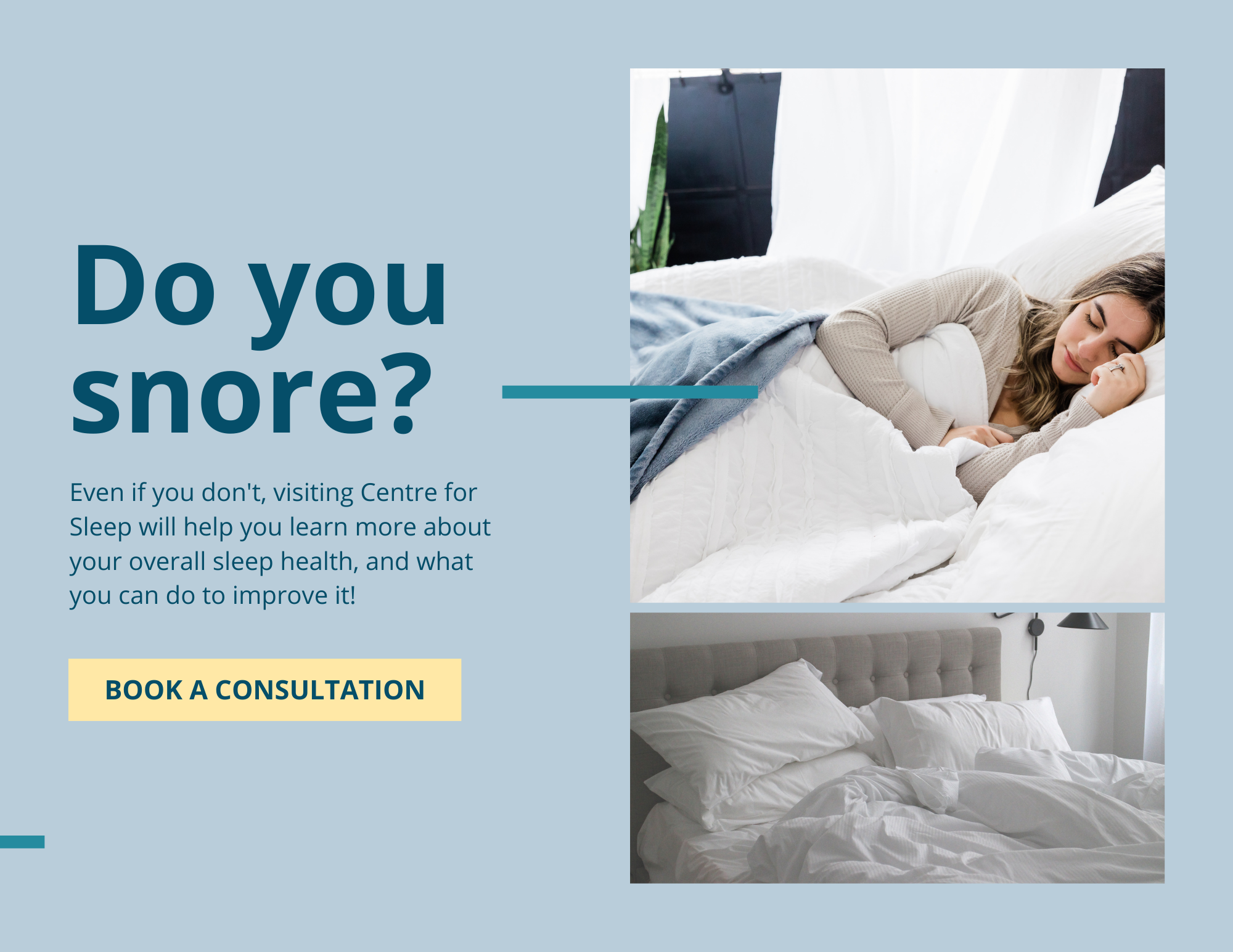What is Behavioural Sleep Medicine?
Behavioural Sleep Medicine is a non-drug, evidence based, individualized, and patient-centred program which addresses the most impactful behavioural, psychological, and physiological factors that interfere with your sleep. Our Behavioral Sleep Medicine Specialists collaborate with our sleep team to provide an interdisciplinary approach to the diagnosis, management, and treatment of the following sleep problems in individuals from the age of 15 and up to adults.





